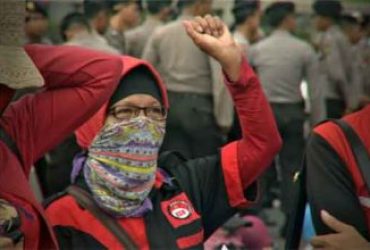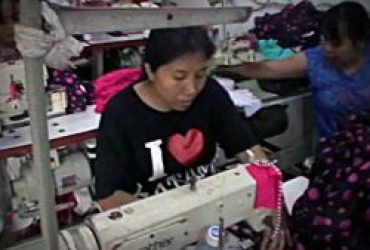MP3EI in Horticulture Subsector: The Case Study of PT. Strawberindo Lestari
MP3EI in Horticulture Subsector: The Case Study of PT. Strawberindo Lestari
Research Time Range : April 2013 – December 2014
Abstract :
In 2013-2014, Inkrispena in cooperation with SOMO conducted a research concerned with sustainable development in one particular sub-sector of the Indonesian agriculture industry, the horticulture industry, and more specifically in strawberry and berry fruit production. The investigation in the study focuses on the implementation of labour and environmental aspects of sustainable development standards. This is done on the basis of the case study on PT Strawberindo Lestari, a company receiving foreign investment and producing strawberry and other berry fruit and located in the Cianjur Regency in the Province of West Java.
This research finds that it is beneficial to review Indonesia’s recent economic policies as outlined in the MP3EI and implemented in the Law No.13/2013 on Horticulture. From policy and regulatory aspects, this research finds that there are contradictions between protectionist policies of the government, the interest of horticulture investors, and local actors of the horticulture industry.
By reviewing the case of PT. Strawberindo Lestari as one of the business actors in the strawberry and berry fruit production, this research finds that there are matter of labour issues, in regards of the plantation workers. Part of the problems such as the low real wages, the lack of a comprehensive social insurance, the lack of job security, and the labour conditions still present an obstacle to the provision of decent jobs, which are considered key for the success of sustainable development programmes. As for environmental issues, PT. Strawberindo Lestari seems to have communication problems with the surrounding communities, despite of financial support the PT. Strawberindo Lestari provided to the surrounding communities, but still issues and publications regarding with negative effect of business activities arise in the media due to misunderstanding about the company production method.




